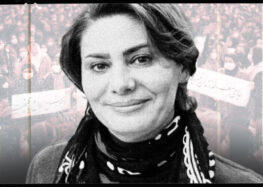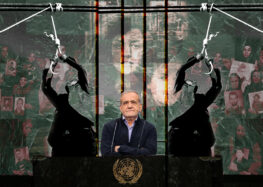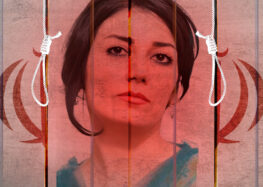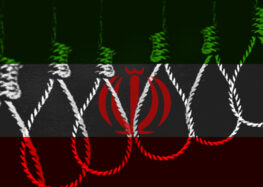Ruthless Retaliation: Human Rights Lawyer Summoned to Prison Amid Heart Problems
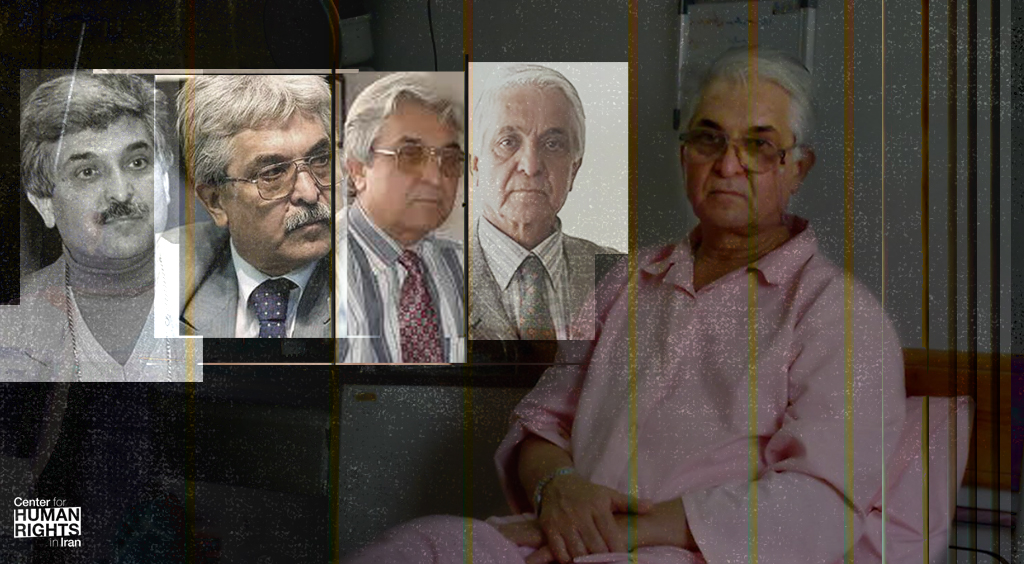 76-Year-Old Mohammad Seifzadeh is the “Godfather” of Human Rights Lawyers in Iran
76-Year-Old Mohammad Seifzadeh is the “Godfather” of Human Rights Lawyers in Iran
Punished for Signing a Letter to the UN on Unlawful Executions in Iran
August 14, 2024 – In a glaring display of escalating repression, the Iranian authorities have issued a summons for the re-imprisonment of 76-year-old human rights lawyer Mohammad Seifzadeh despite a severe heart ailment that has led to repeated hospitalizations. This politically motivated attack highlights the government’s increasing desperation to silence those who dare to defend justice.
“Mohammad Seifzadeh is the Godfather of human rights lawyers in post-revolutionary Iran,” said Hadi Ghaemi, executive director of the Center for Human Rights in Iran (CHRI).
“That the state is attempting to imprison him again, at 76 years old, is a chilling testament to his enduring influence as a relentless defender of human rights in a system built on the systematic destruction of due process,” he added.
CHRI urges international human rights organizations, bar associations worldwide, the UN, and government leaders to call on the Islamic Republic to annul the sentence against Seifzadeh, and to demand that the Iranian authorities halt their blatant and unlawful persecution of human rights lawyers.
Seifzadeh, 76, was summoned to Tehran’s Evin Prison in mid-August 2024 on the charges of “propaganda against the state” and “publishing falsehoods” for signing a joint letter by 45 Iranian activists calling on Antonio Guterres, the Secretary-General of the United Nations, to speak out against political executions in Iran.
“We are confident that only [through] your immediate reaction, that of world public opinion, as well as democratic governments in the free world, along with enlightened thinkers who love humanity, can we stop the execution and repression machine in Iran,” said the letter.
The letter, published in December 2022 amid the nationwide “Woman, Life, Freedom” protest movement in Iran, was also signed by Nasrin Sotoudeh and Shirin Ebadi, fellow prominent Iranian lawyers who worked with Seifzadeh at the Defenders of Human Rights Center, which was shut down in Iran in 2008 by the Islamic Republic five years after its founding.
The center’s leading staff were subjected to severe persecution, including arbitrary imprisonment and work bans. Those lawyers who remained in Iran live under the threat of re-imprisonment each day.
Vehemently rejecting the charges brought against him, Seifzadeh said in 2023:
“Article 500 of the Islamic Penal Code is contrary to the provisions of the Universal Declaration of Human Rights, is against the right to freedom of expression, and even contradicts Islamic laws. Furthermore, this Article contradicts Articles 4 and 24 of Iran’s Constitution. Regarding the charge of “publishing lies,” it should be noted that we didn’t publish the letter, it was published from abroad. On the other hand, there are no lies in the content of that letter and include factual events that happened in Iran. Our letter was also not intended to disturb public minds because that was neither our intention nor did it actually happen. Ultimately, the public’s mind was not disturbed at all.”
The ruling was issued by Branch 29 of Iran’s Islamic Revolutionary Court in Tehran in May 2023, and upheld by the Appeals Court in July of the same year.
Seifzadeh has been jailed 13 times in the last three decades, five of which were during Shah Mohammad Pahlavi’s government and eight times under the Islamic Republic.
“I suffered seven strokes during my last prison term to the point that I stopped breathing and could no longer feel my arms and legs. Prison authorities sent me to the Forensic Medical Organization, and despite the doctors confirming that I may die if kept in prison, they made me serve my whole sentence,” he said.
The Iranian judiciary’s ongoing persecution of independent defense lawyers under manufactured charges is central to the Iranian authorities’ strategy to silence and crush dissent in Iran. By imprisoning or otherwise silencing human rights lawyers, those they defend, including activists, dissidents, and peaceful protesters, can be more easily prosecuted without challenge under sham charges.
“Remaining silent in the face of this brazen attempt to silence Seifzadeh and, by extension, all human rights lawyers in Iran is tantamount to endorsing the Islamic Republic’s brutal repression of peaceful activism and dissent,” Ghaemi said.
This report was made possible from donations by readers like you. Help us continue our mission by making a tax-deductible donation.


